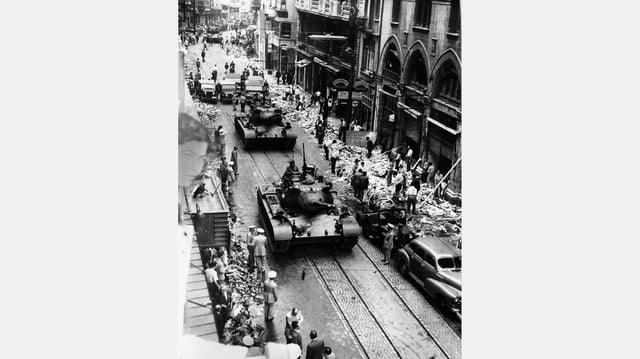Overview
- On September 6–7, 1955, organized mobs targeted Greeks, Armenians and Jews in Istanbul, killing at least 15 people, injuring hundreds and wrecking thousands of shops, homes, churches and schools.
- Subsequent research details police nonintervention, attackers brought in from other regions and a Thessaloniki bombing used as a pretext whose perpetrator had ties to Turkish intelligence.
- The violence accelerated a collapse of Istanbul’s Greek community from roughly 90,000 before the attacks to a tiny remnant today, alongside a transfer of property and businesses.
- There is still no state-led inquiry or accountability, despite President Recep Tayyip Erdoğan once calling the events a “mistake,” and public awareness inside Turkey remains limited.
- Civil-society groups and diaspora organizations are leading 70th‑anniversary commemorations and pressing for measures such as return rights for younger generations, though talks with Ankara show little progress.
